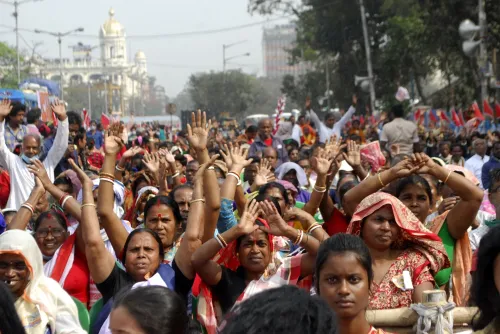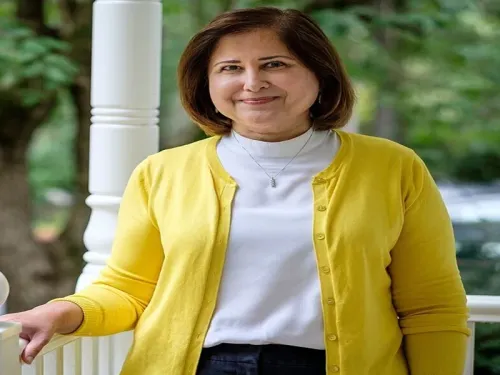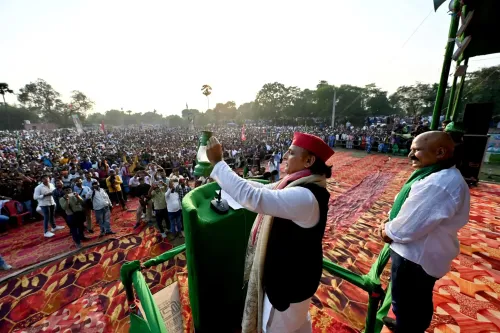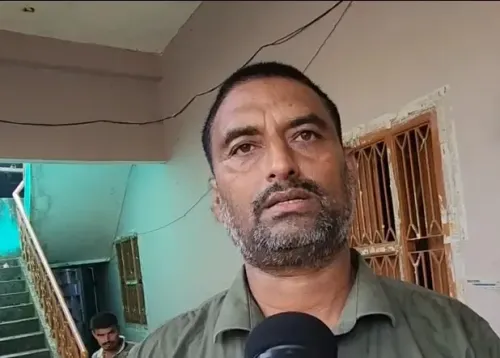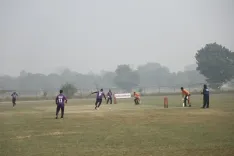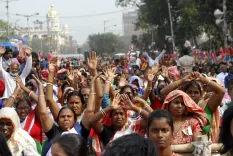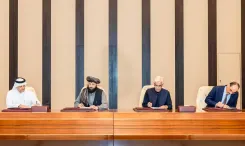What is the Supreme Court's Decision on Justice Varma's Plea Against In-House Panel Findings?
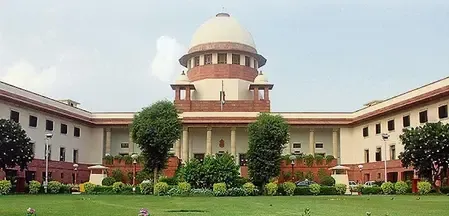
Synopsis
Key Takeaways
- The Supreme Court has reserved its verdict on Justice Varma's plea against the inquiry committee's findings.
- Justice Varma is facing impeachment due to serious allegations of misconduct.
- The in-house inquiry process is crucial for judicial accountability.
- The integrity of the judiciary is under scrutiny in this high-profile case.
- Public trust in the legal system hinges on the outcomes of such proceedings.
New Delhi, July 30 (NationPress) The Supreme Court has reserved its decision on a petition submitted by Justice Yashwant Varma, who is facing the risk of impeachment due to a cash-related controversy. This plea challenges the conclusions of a three-member internal inquiry committee that has suggested his dismissal under Article 124(4) of the Constitution.
In his legal petition, Justice Varma, a judge at the Allahabad High Court, aims to annul the correspondence sent by then Chief Justice of India (CJI) Sanjiv Khanna to the President and Prime Minister, which recommended action based on the committee's findings.
During the proceedings before a bench led by Justices Dipankar Datta and A.G. Masih, senior advocate Kapil Sibal, representing Justice Varma, contended that the in-house procedure does not allow for the removal of a sitting judge, arguing that only Article 124 and the Judges (Inquiry) Act regulate the impeachment process.
Sibal pointed out that following the CJI's recommendation for action against Justice Varma, Parliament had no choice but to initiate his removal.
In response, the bench led by Justice Datta remarked, “The Chief Justice of India is not merely a messenger. He has responsibilities to the nation as the head of the judiciary. If he receives evidence of misconduct, it is his duty to relay that to the President and Prime Minister.”
The court further stated that the recommendation is not obligatory for Parliament, while questioning Justice Varma's delay in raising concerns about the absence of hearings or opportunities for cross-examination during the inquiry.
Moreover, the apex court noted that the in-house inquiry is a preliminary and non-punitive process, which does not necessitate strict adherence to evidentiary rules or allow for cross-examinations.
The court reiterated that the in-house process has been validated by previous judgments and is part of the judiciary's self-regulatory structure. It raised continuous inquiries about Justice Varma's decision to contest the committee's findings after participating in the proceedings.
“Your actions do not instill confidence. They speak volumes. You appeared to be waiting for favorable findings, and when they were not to your liking, you approached the Supreme Court,” the bench commented.
With the verdict on Justice Varma's plea reserved, the Supreme Court underscored that “society must receive the message that due process was adhered to.”
The bench, led by Justice Datta, questioned Justice Varma on how he could challenge the inquiry committee's findings after being part of the process.
It stated, “Why did you not challenge when the committee was appointed? Why did you wait for the report to be published? In the past, judges have opted not to attend these proceedings. You could have approached us earlier.”
Justice Varma, who was previously a judge of the Delhi High Court, came under investigation after the discovery of burnt cash in an outhouse of his official residence on March 14, following a fire incident.
This shocking revelation led to Justice Varma's return to the Allahabad High Court and prompted an internal inquiry into the allegations.
The committee appointed by the apex court uncovered both direct and electronic evidence suggesting that the storeroom was under the covert or active control of Justice Varma and his family.
It concluded that strong inferential evidence indicated that the burnt cash was removed from the storeroom in the early hours of March 15.
The inquiry committee, composed of Chief Justice Sheel Nagu from the Punjab and Haryana High Court, CJ G.S. Sandhawalia from the Himachal Pradesh High Court, and Justice Anu Sivaraman from the Karnataka High Court, found the allegations substantial enough to warrant impeachment proceedings against Justice Varma.
The committee established that Justice Varma’s misconduct was serious and warranted his removal under Article 124(4) of the Constitution.

